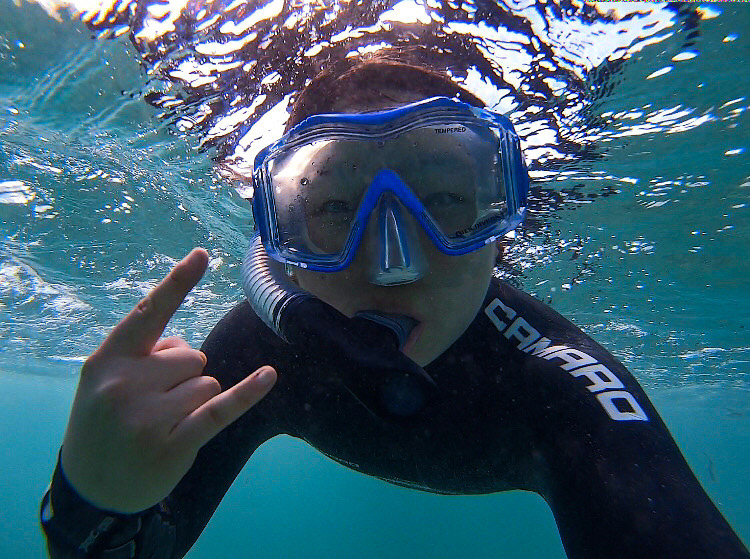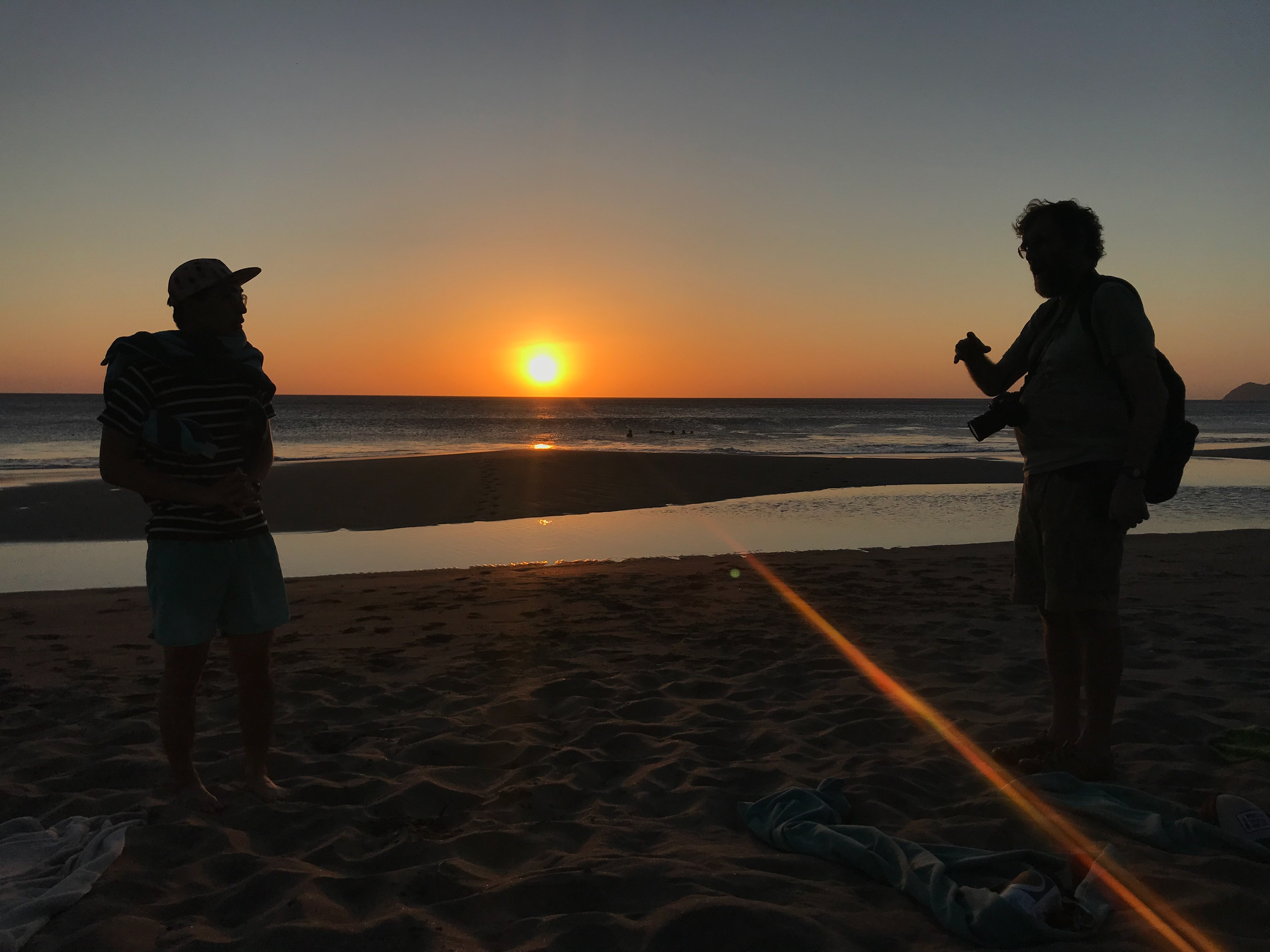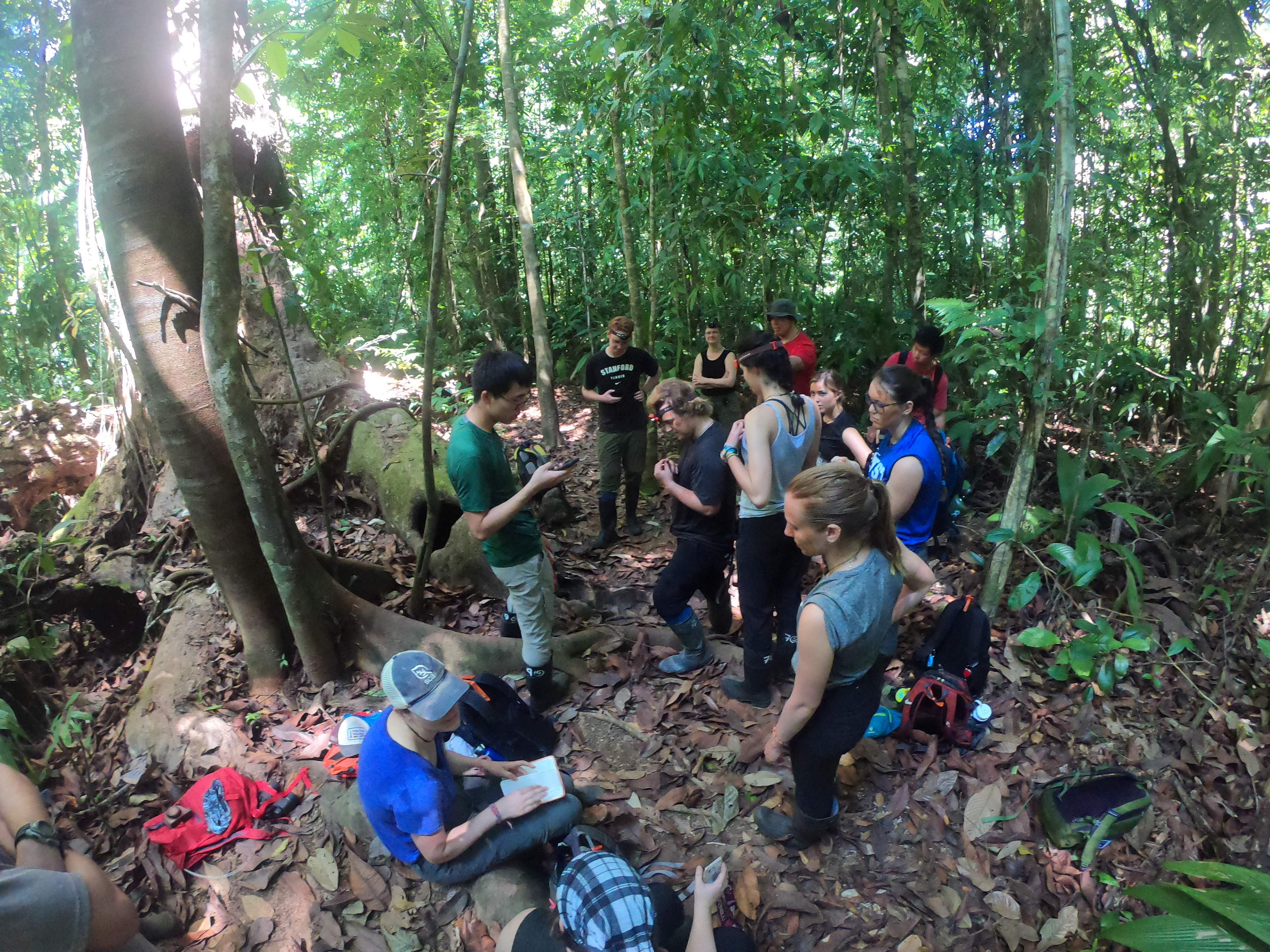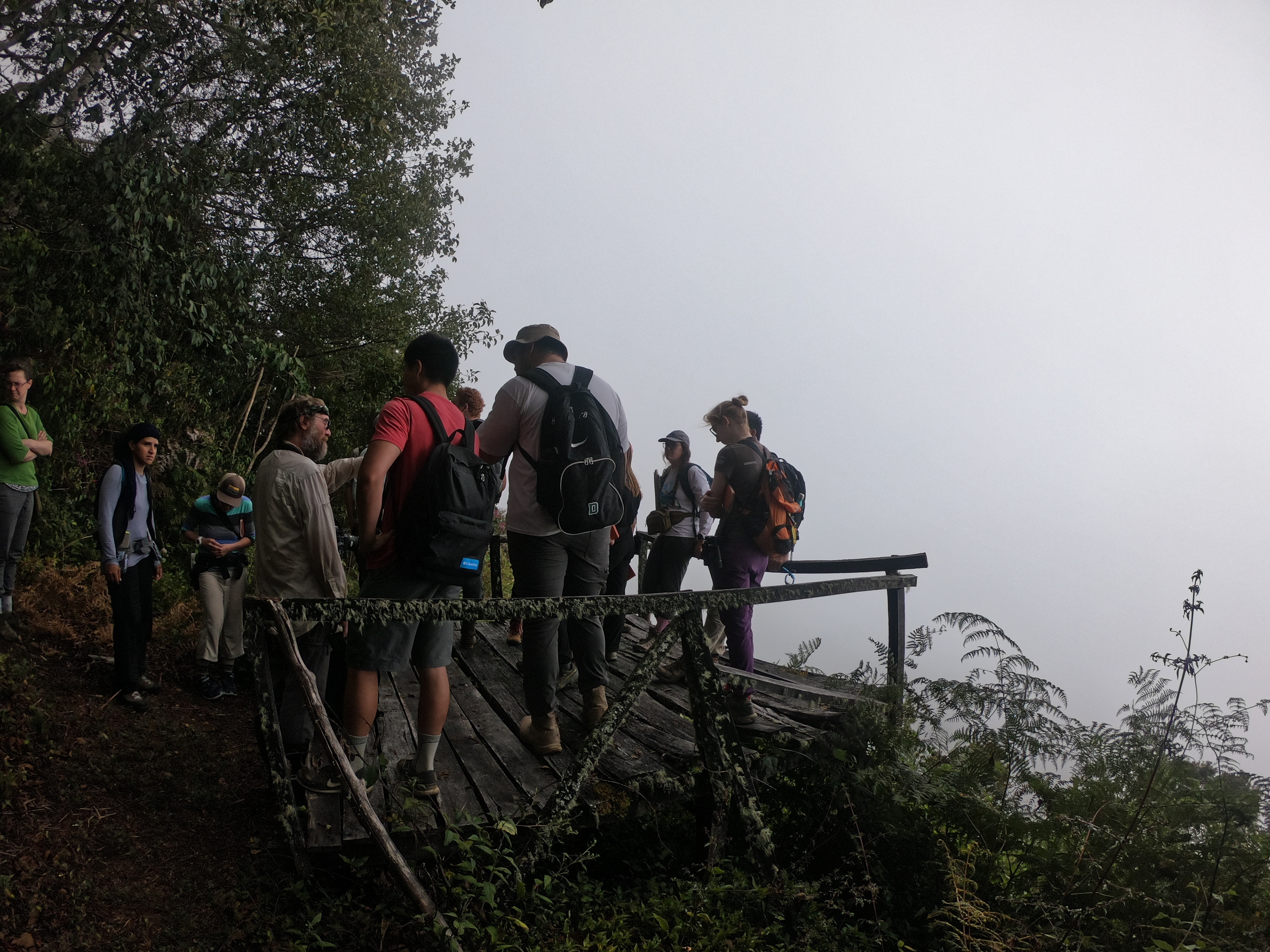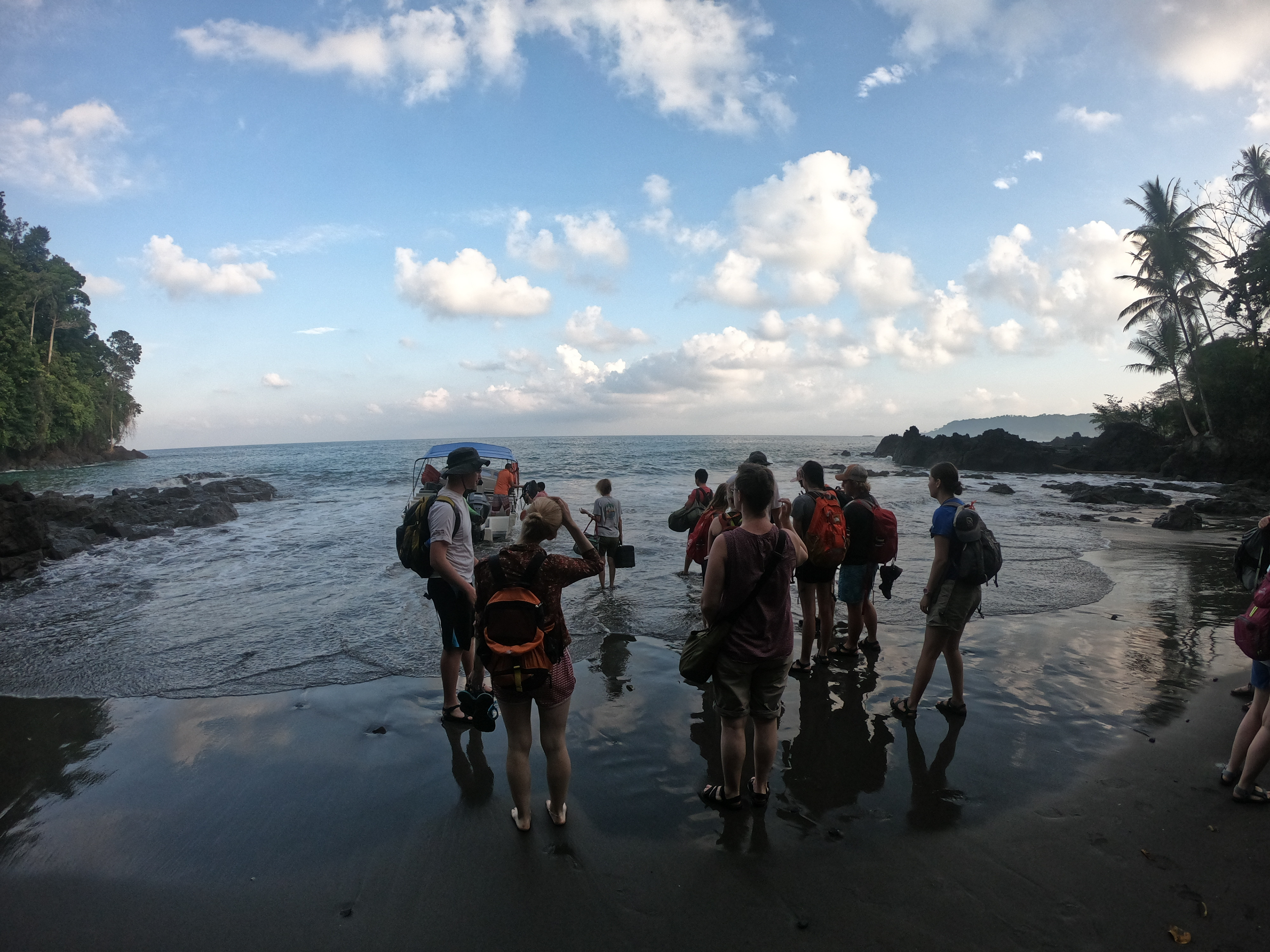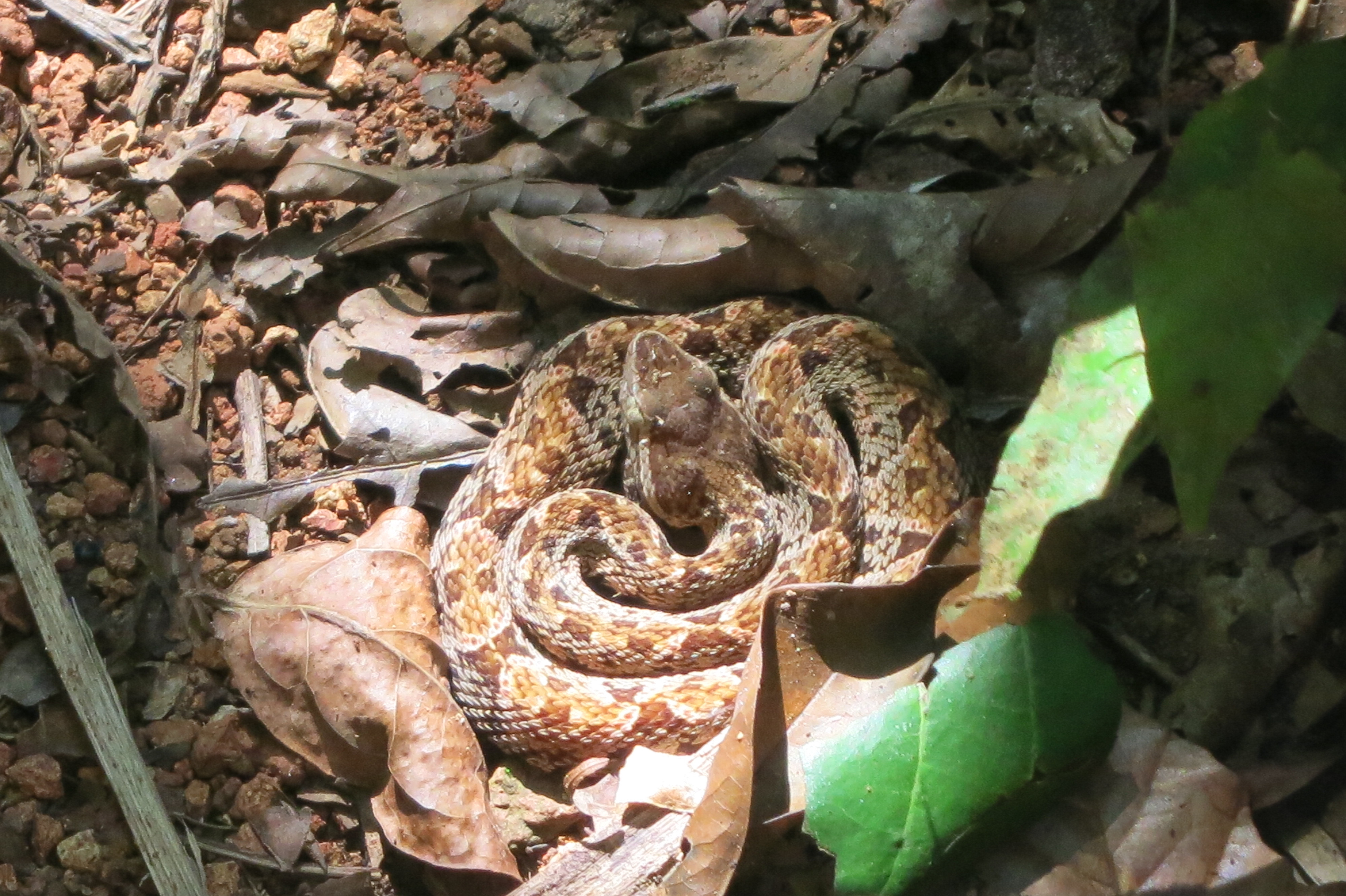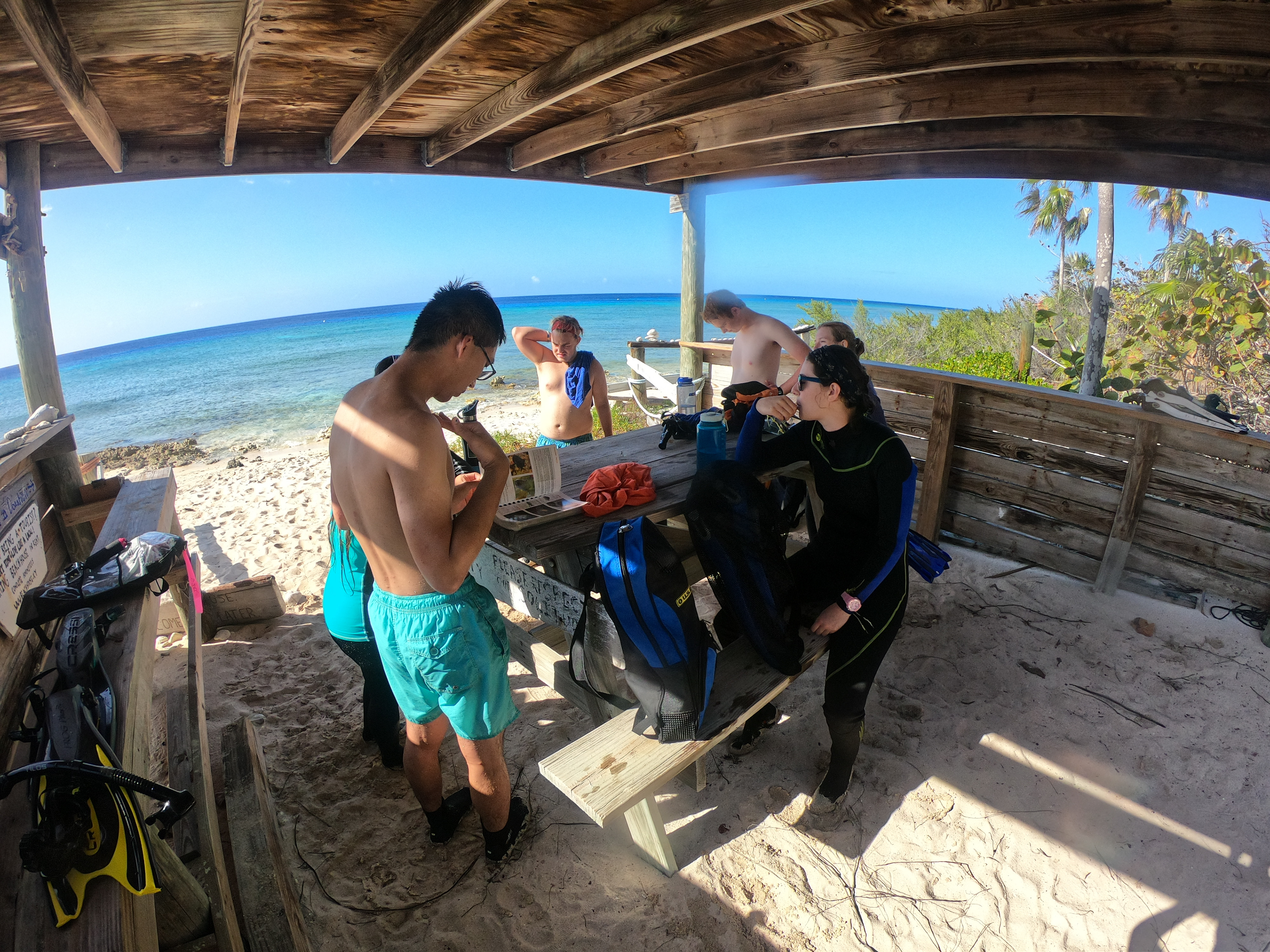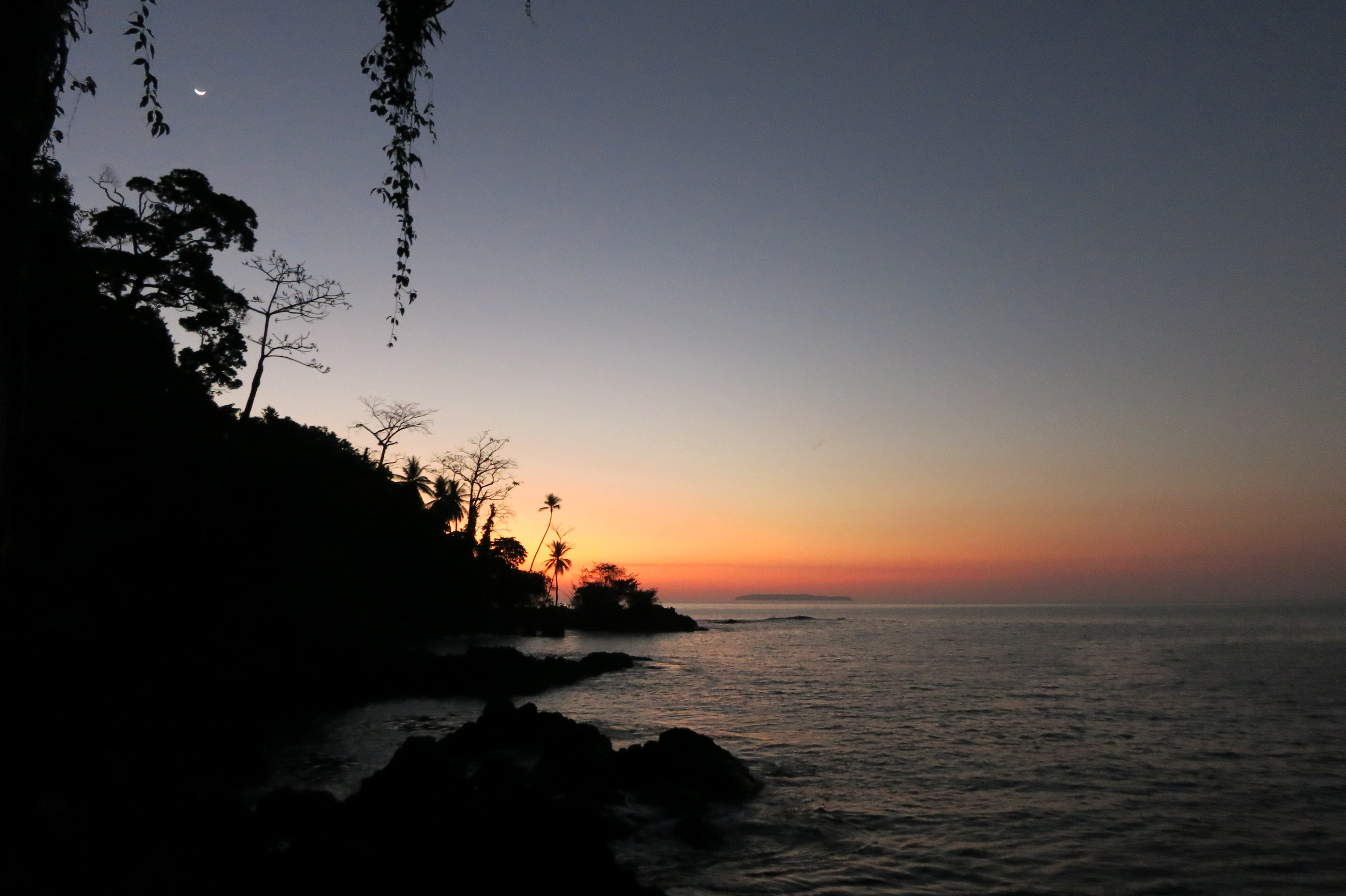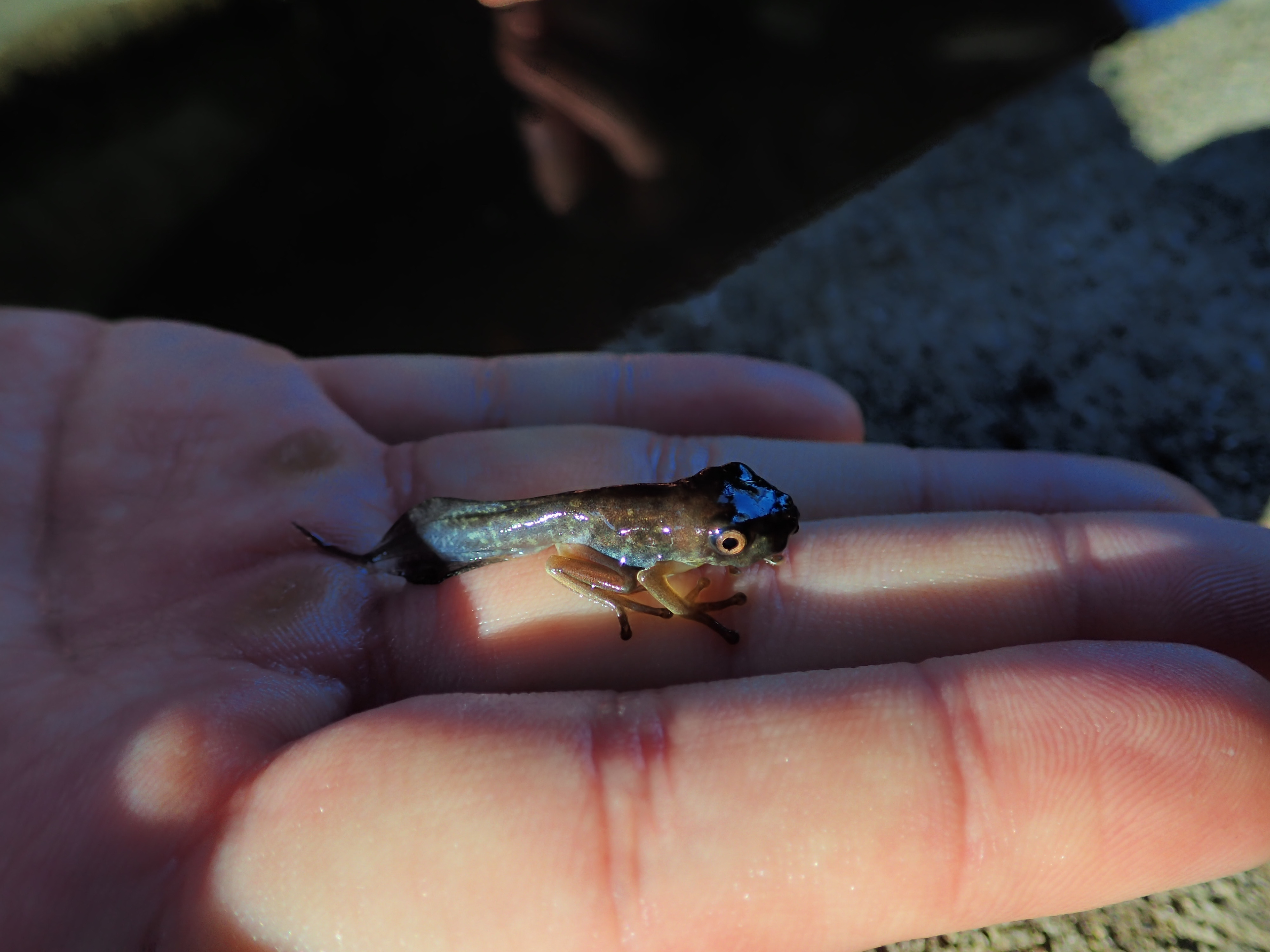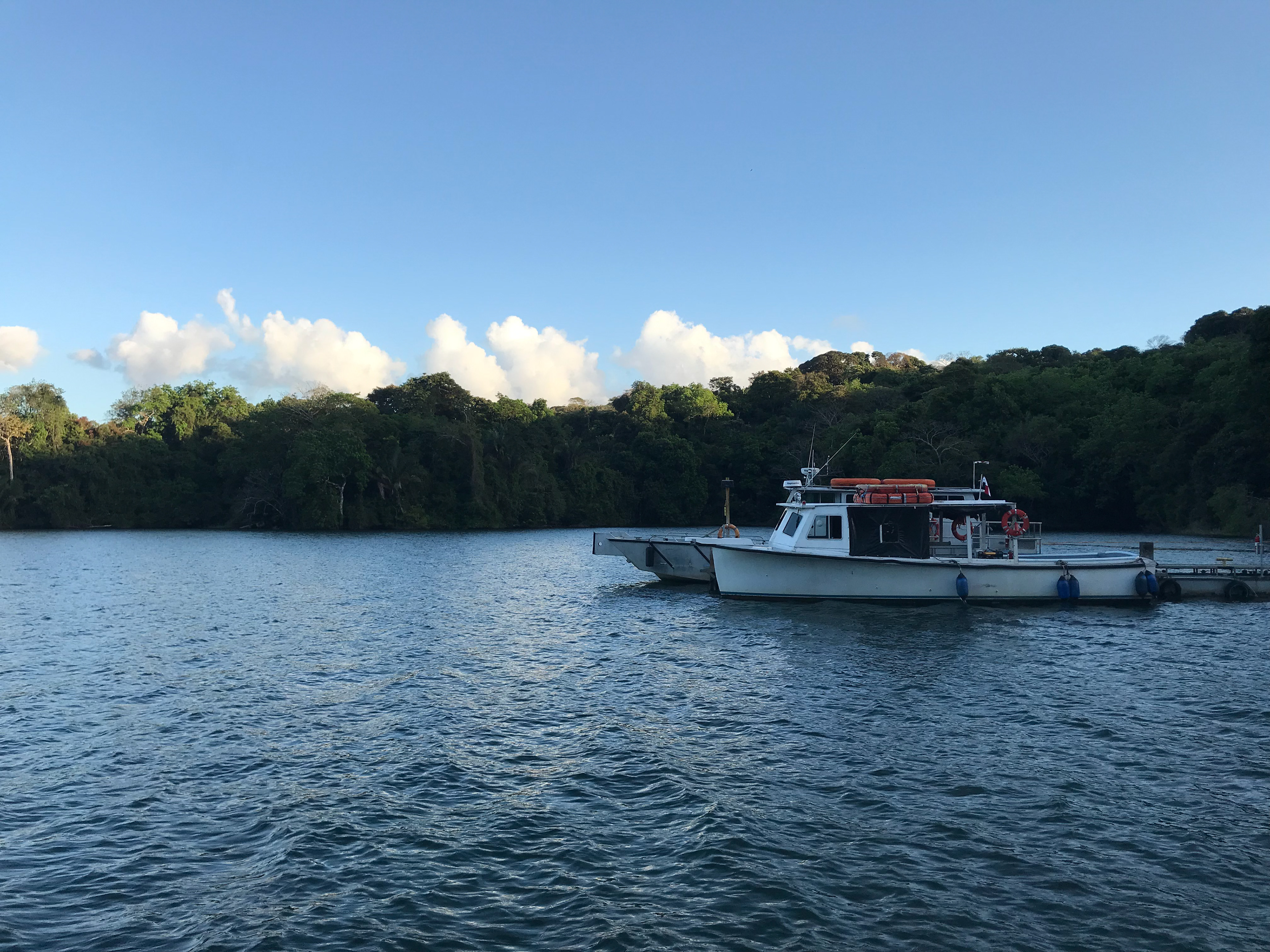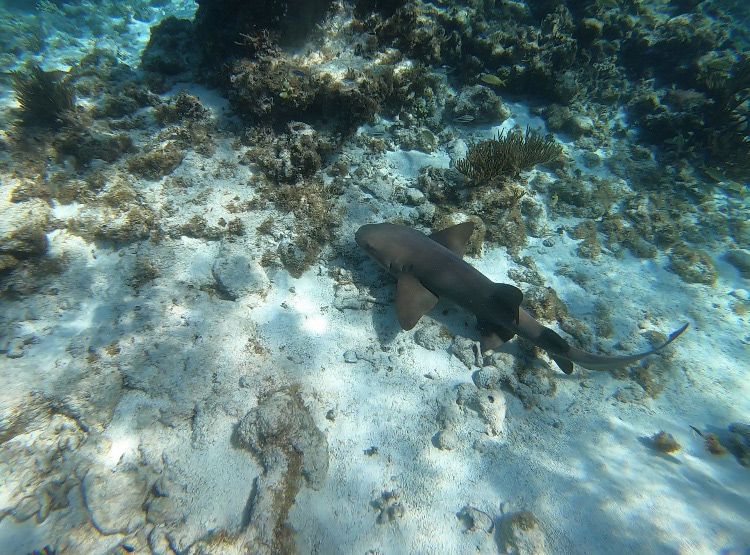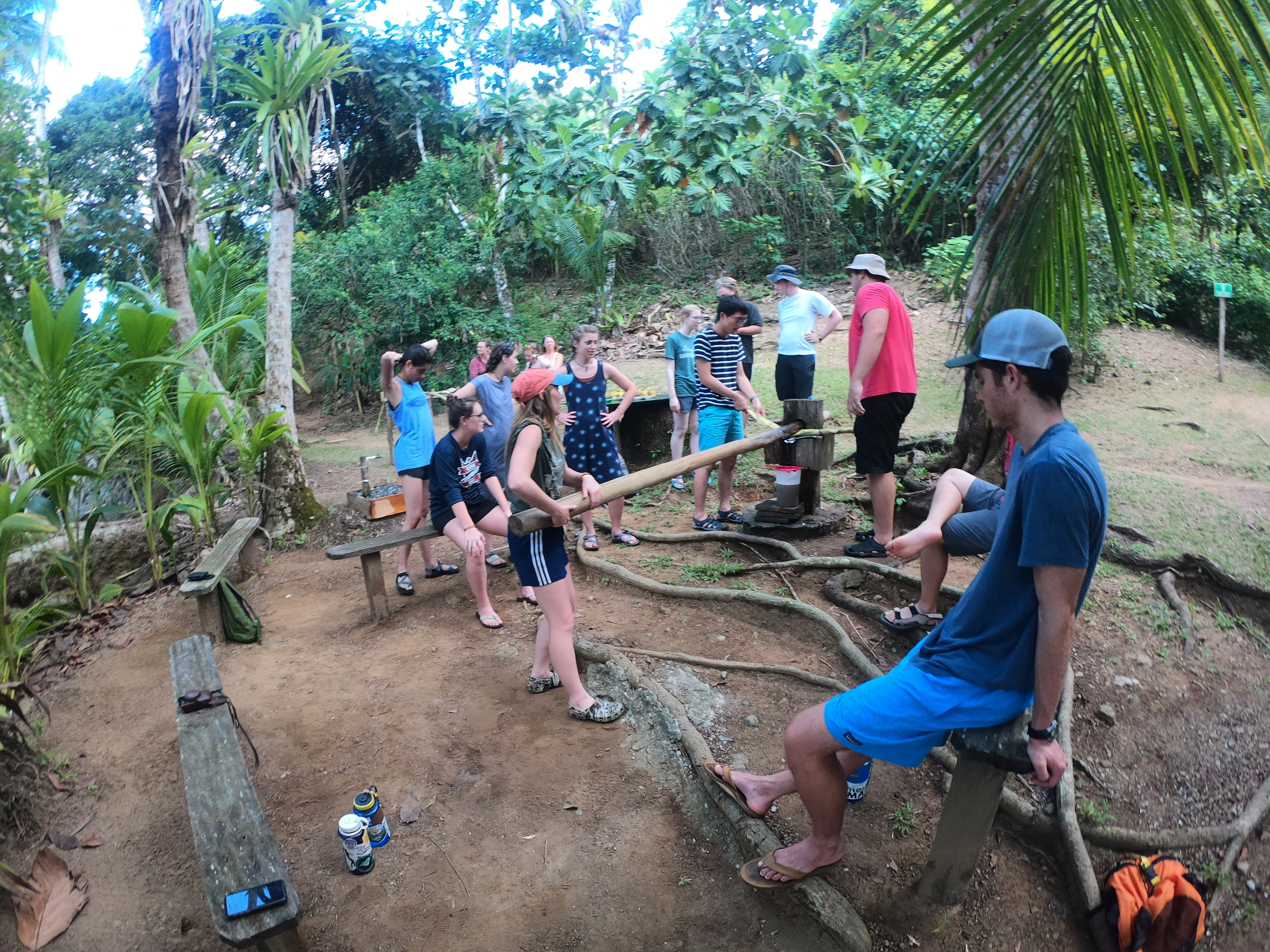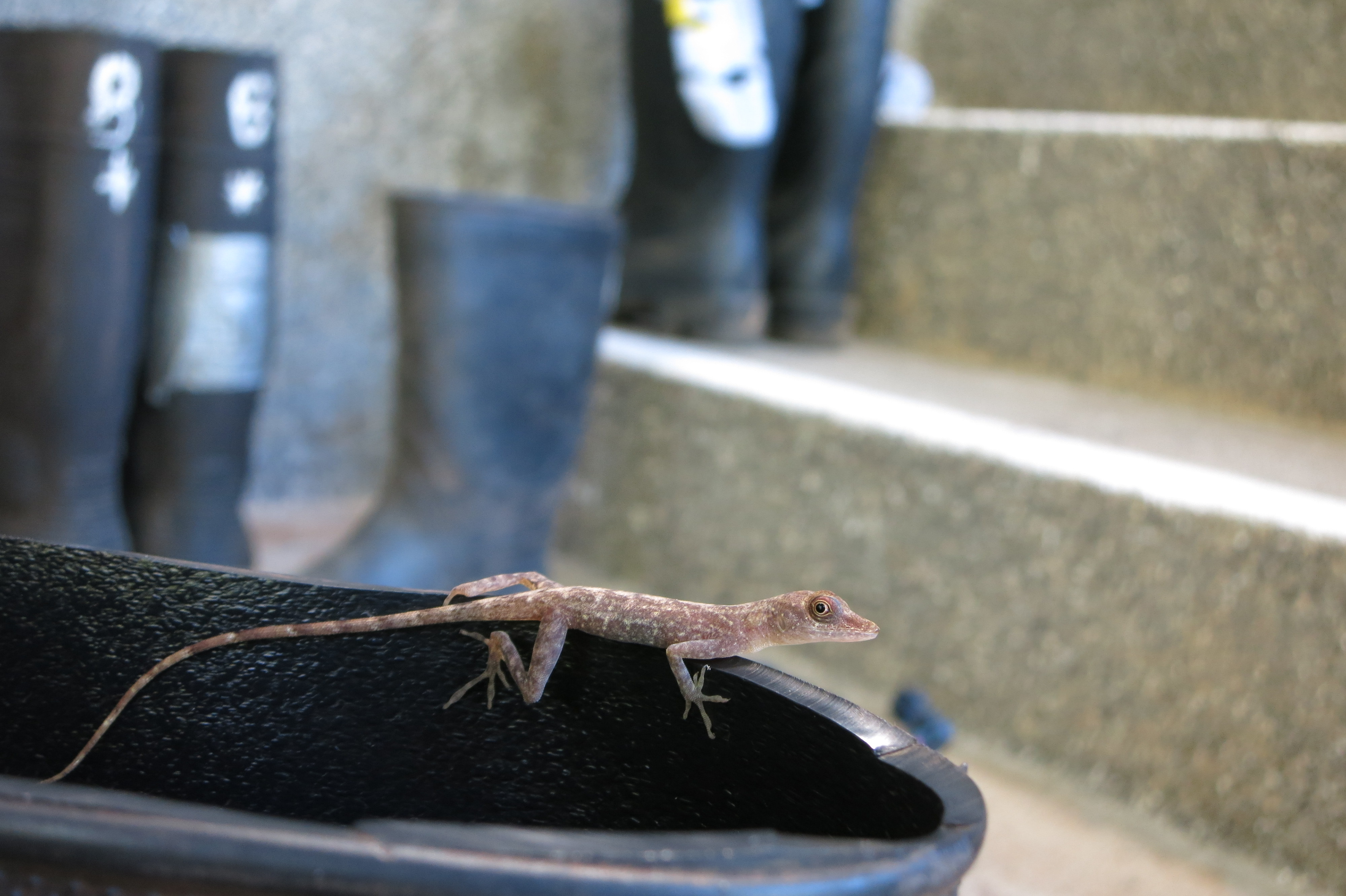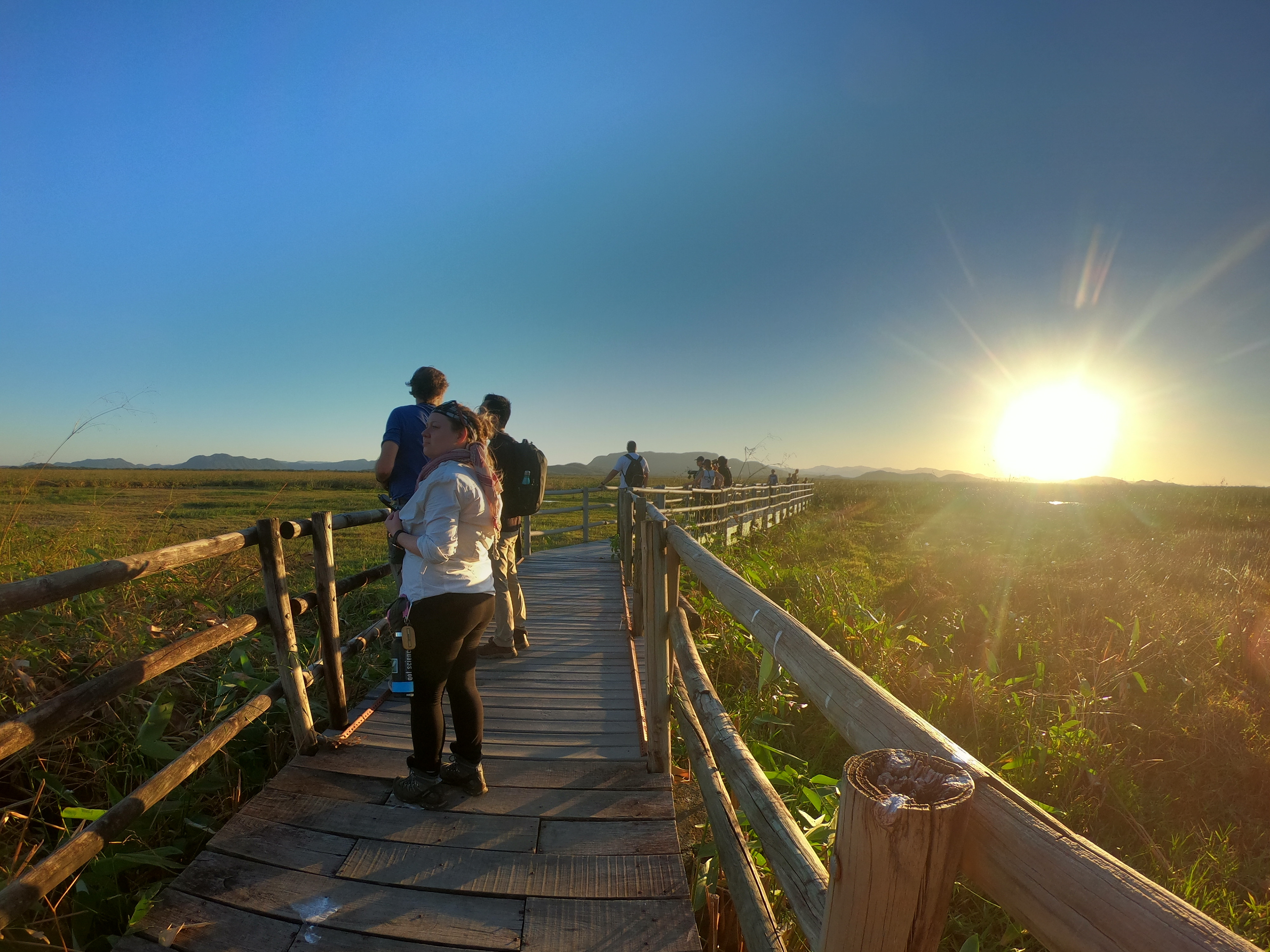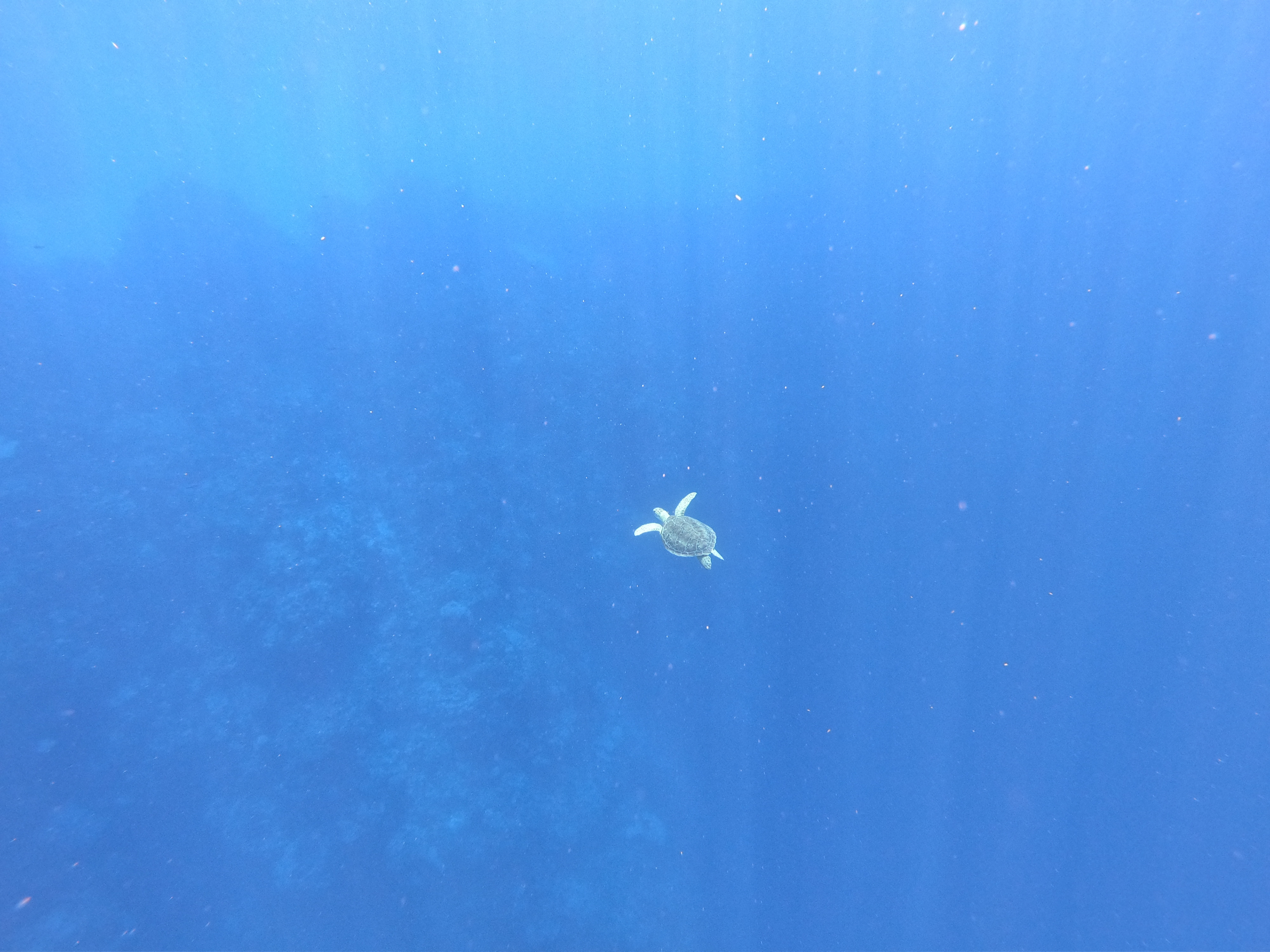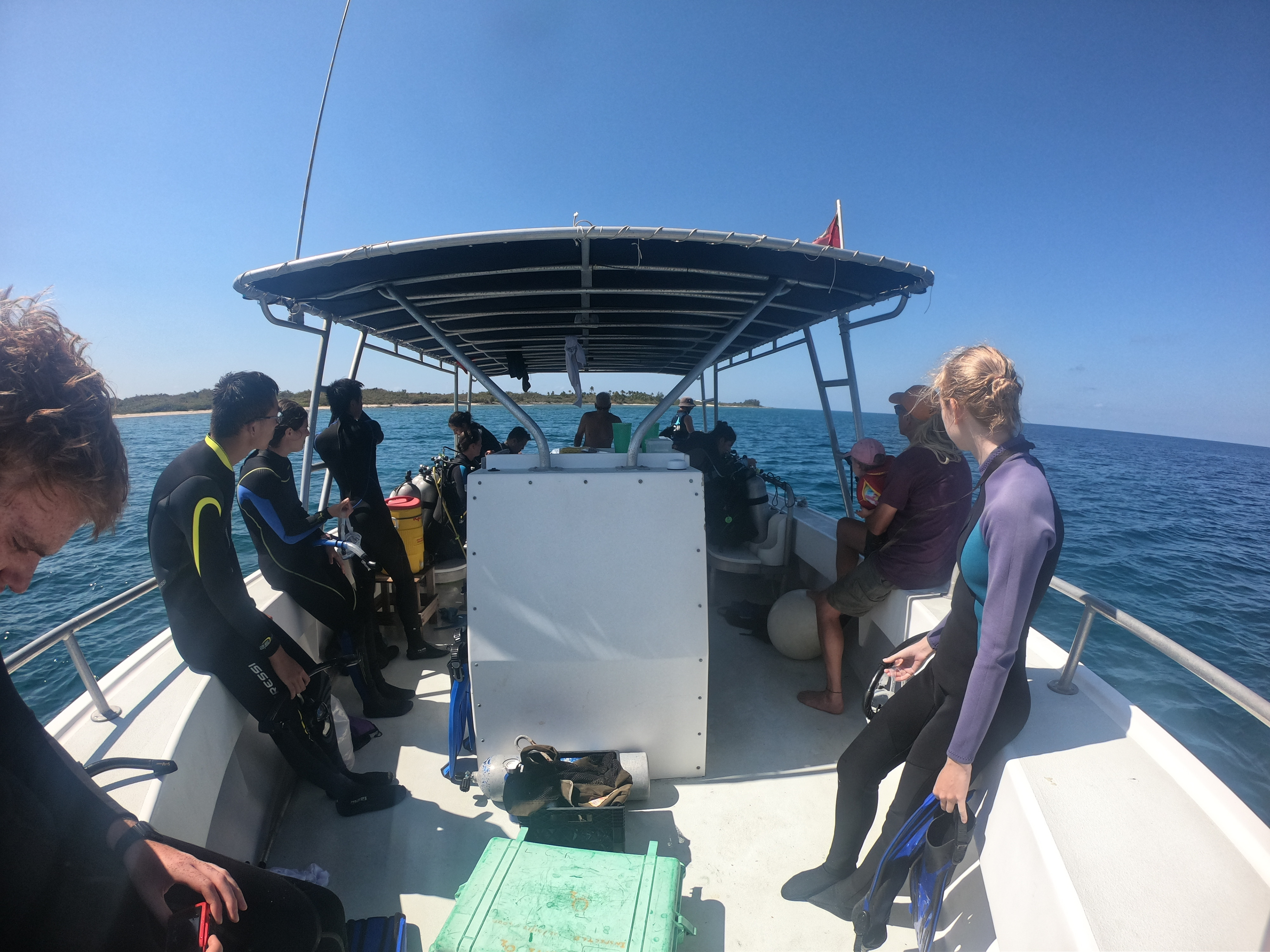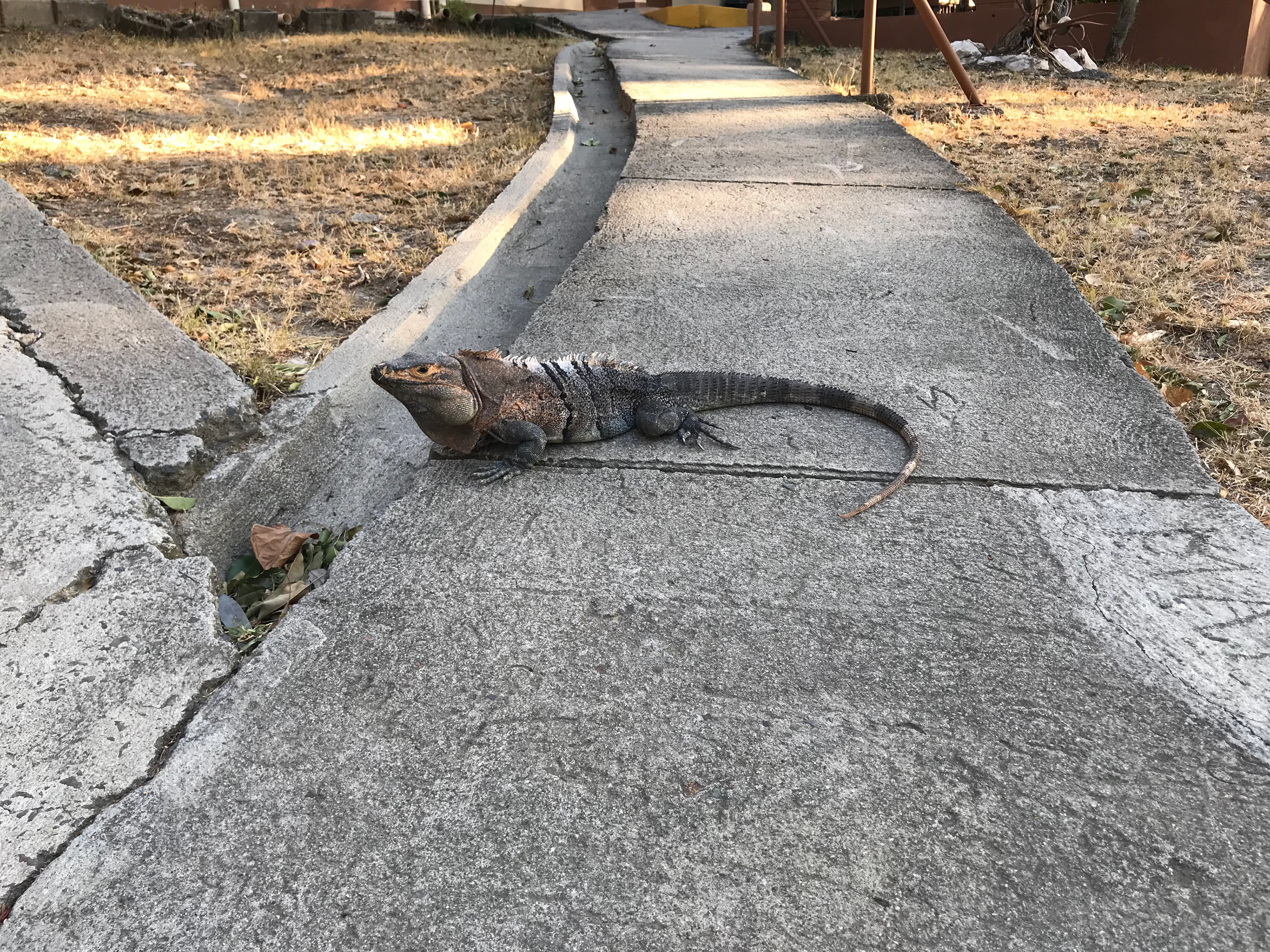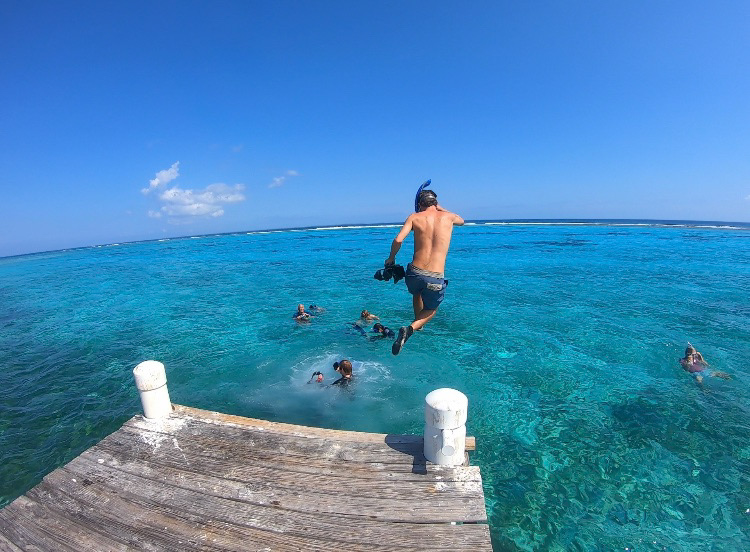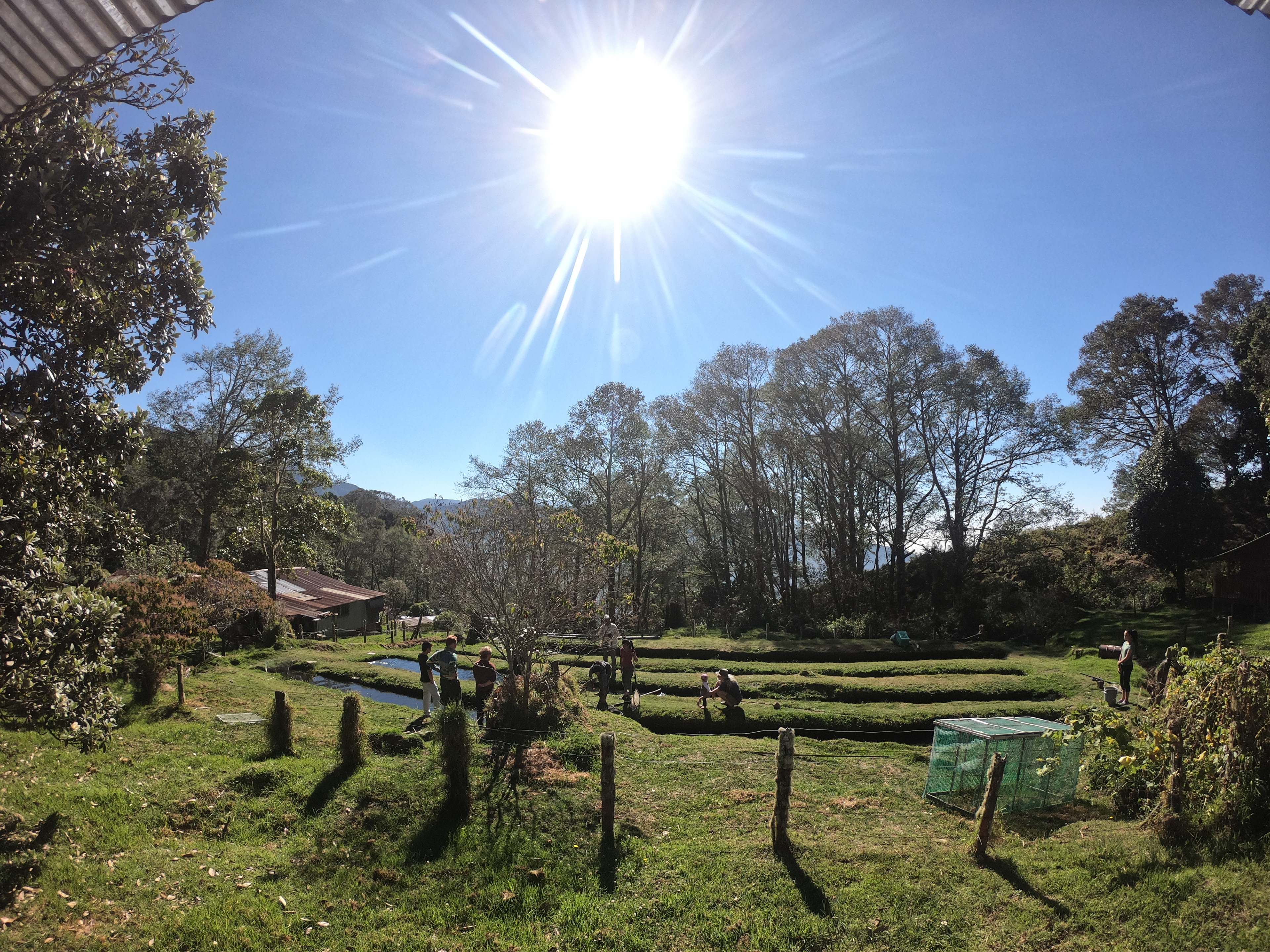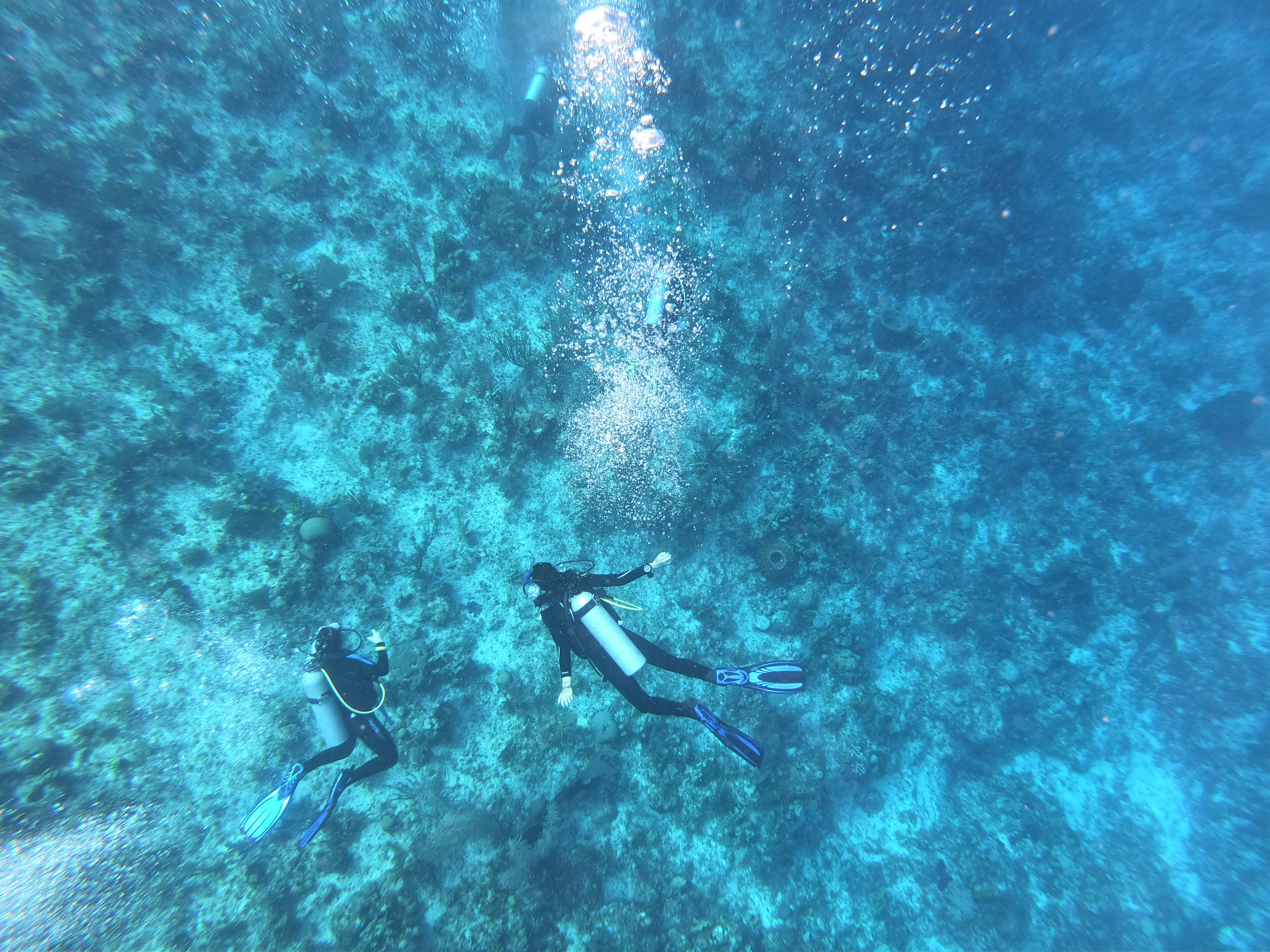Program Overview
During the winter of my undergraduate junior year (2019), I participated in Dartmouth's Biology Foreign Study Program. The Bio FSP is an ecology-focused study abroad experience in Central America and the Caribbean that exposes students to Earth's most diverse biological communities on land (tropical forests) and in the ocean (coral reefs).
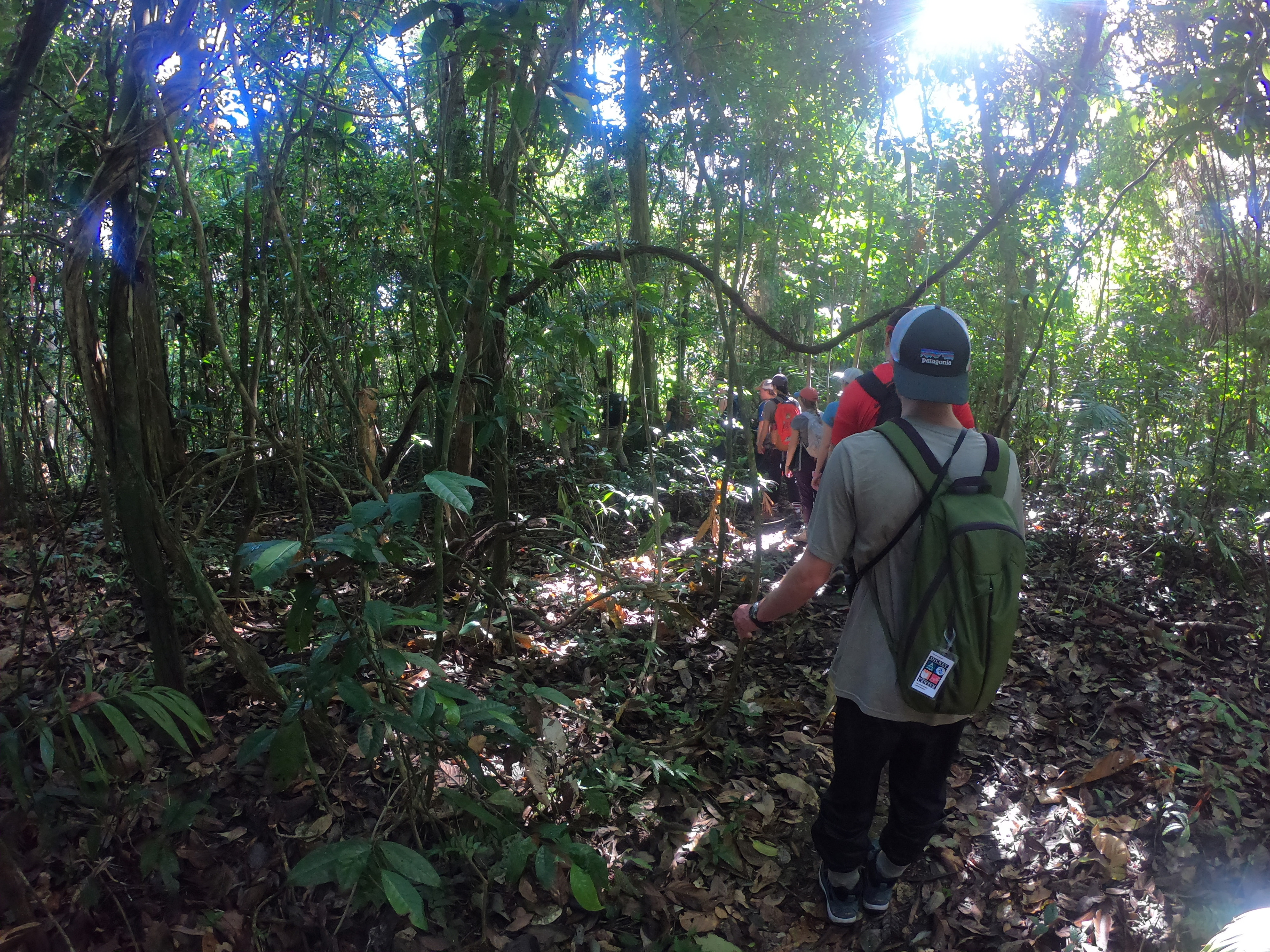
Barro Colorado Island, Panama
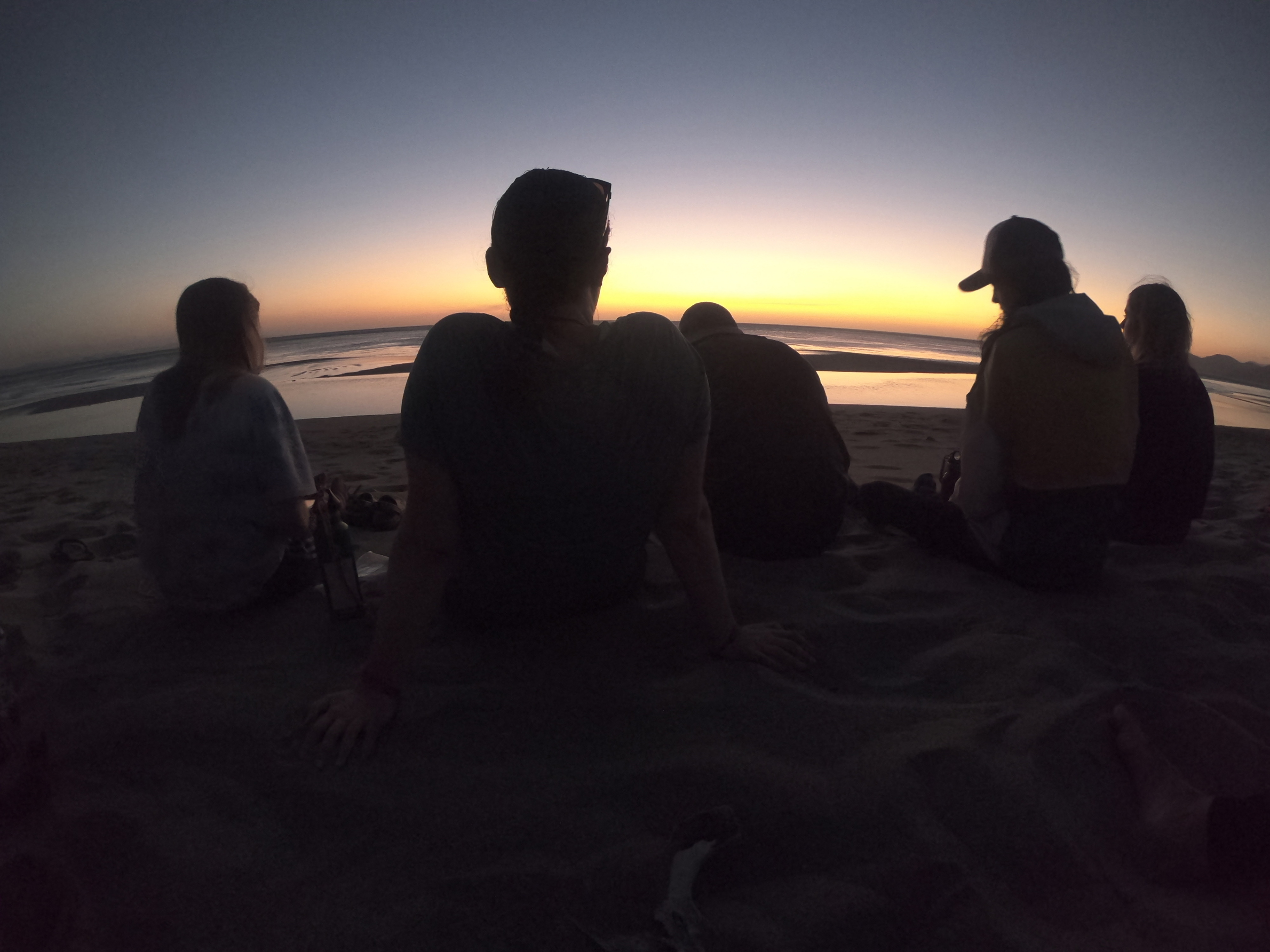
Santa Rosa, Costa Rica
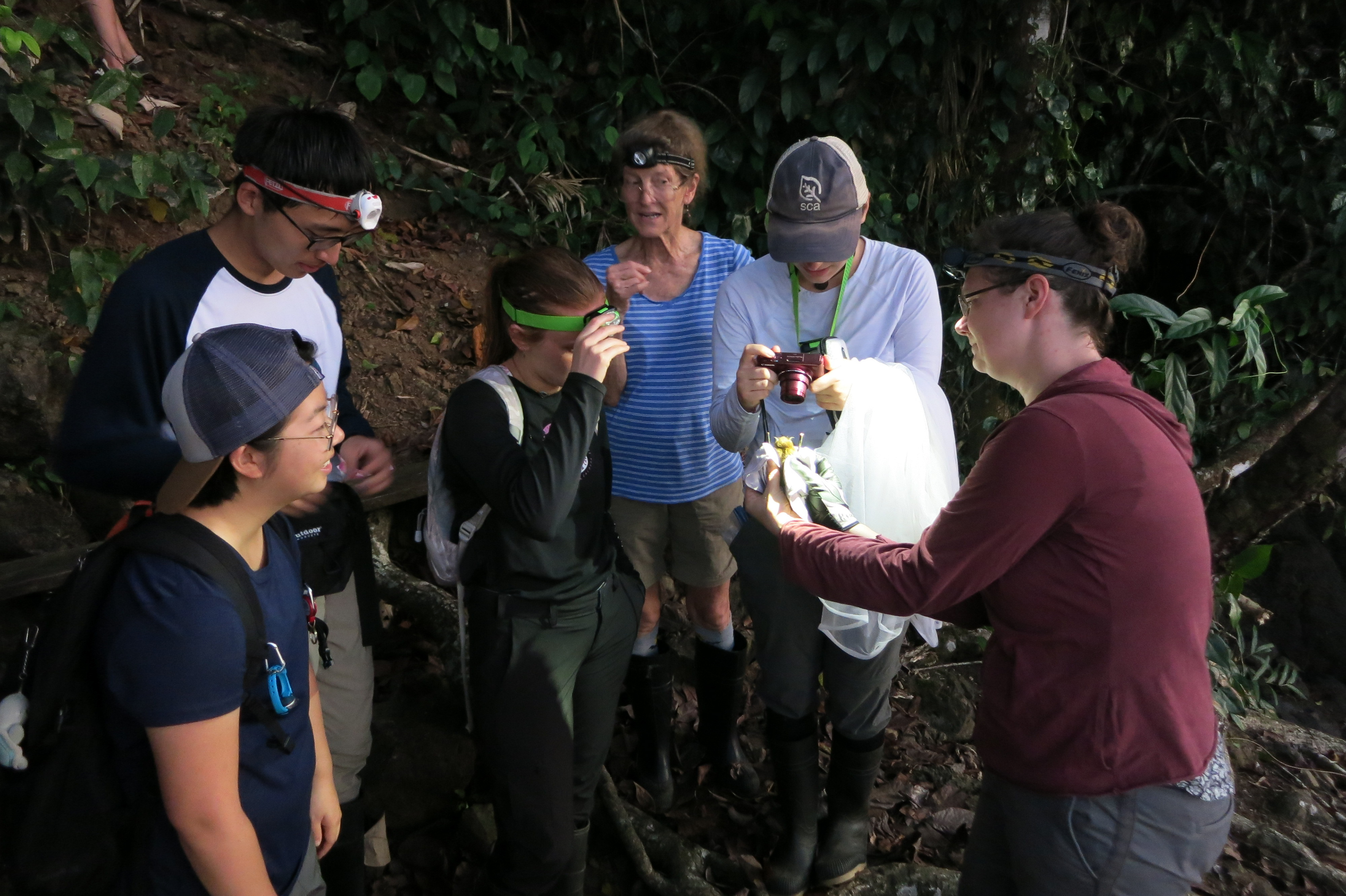
El Campanario, Costa Rica
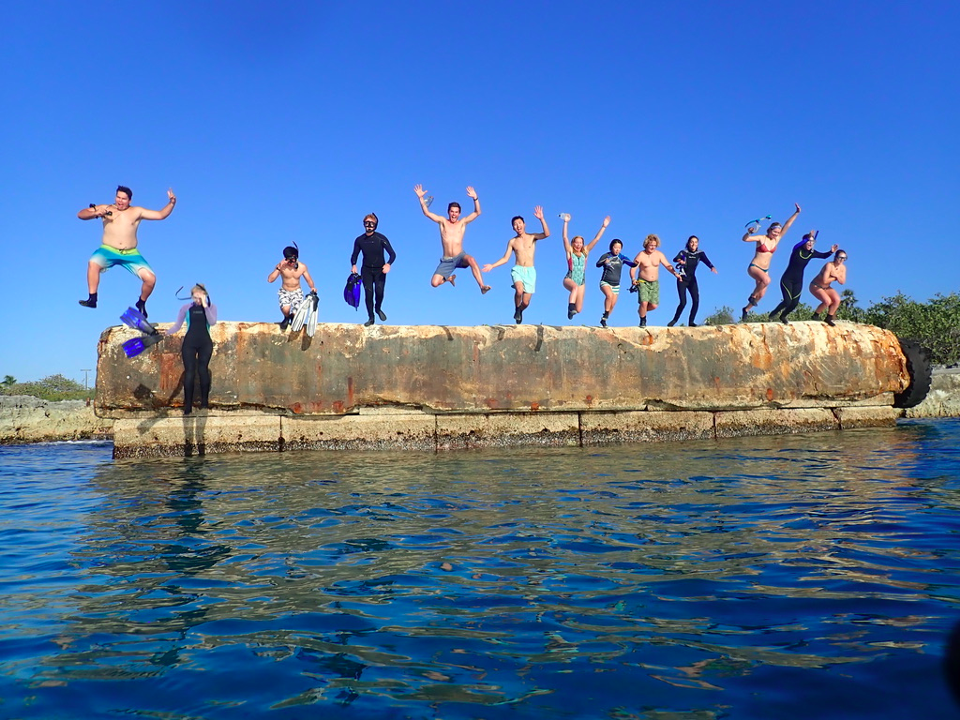
Little Cayman, Cayman Islands
Academic Details
Coursework: Ecological Research in the Tropics I (Biology 055) | Ecological Research in the Tropics II (Biology 056) | Ecological Research on Coral Reefs (Biology 057)
Skills: Research design | Field research | Data collection | Statistical analysis (JMP, R) | Literature reviews | Seminar presentations | Manuscript writing
Locations: Barro Colorado Island (lowland rain forest) | Palo Verde (dry forest) | Santa Rosa (dry forest) | Monteverde (cloud forest) | Cuerici (montane forest) | El Campanario (lowland rain forest) | Las Cruces (pre-montane wet forest) | Little Cayman Island (marine ecosystem)
My Reflections
The Bio FSP is one of my most cherished memories from college. It was one of the most academically rigorous and emotionally fulfilling experiences I have had to this day. It was truly an experience like no other!
During this program, I felt like I was living out my own personal Planet Earth kind of reality - all that was missing was David Attenborough's British accent. We lived a nomadic lifestyle, hopping from field station to field station all around Central America; one week, we would be chasing monkeys in the hot, humid climates of Barro Colorado Island, a lowland rain forest, and the next week, we would be trying to catch a glimpse of hummingbirds speeding by in the cooler climates of Monteverde, a cloud forest. In the Caribbean, we were in the water for more hours in a day than we were on land, constantly snorkeling and scuba diving, exploring the beautiful marine organisms and coral reefs of Little Cayman Island.
Through this intense and full-immersion study of these natural systems, I learned an incredible amount about field ecology and the process of "doing cool science," as one of our professors loved to say. Listening to research presentations and conducting literature reviews and critiques taught me a lot about topics such as animal behavior, determinants of specific distributions, and processes driving coral reef structure and (sadly) decline. Our research projects allowed us to learn and practice the skills of contemporary scientific inquiry: making observations, asking testable questions, generating hypotheses, developing experimental protocols, collecting data, and making statistical inferences, including multi-model comparisons, writing scientific papers, and presenting seminars. And with each project, we learned new and relevant field and analytical methods (like how difficult it can be to gather field data in the water because everything floats away from you - the organisms, your equipment, even your field partners...).
Overall, words can't do justice to just how incredible this experience was. The Bio FSP allowed me to grow not only as a scientist and ecologist, but also as a teammate and person, and I wouldn't trade this experience for anything!
